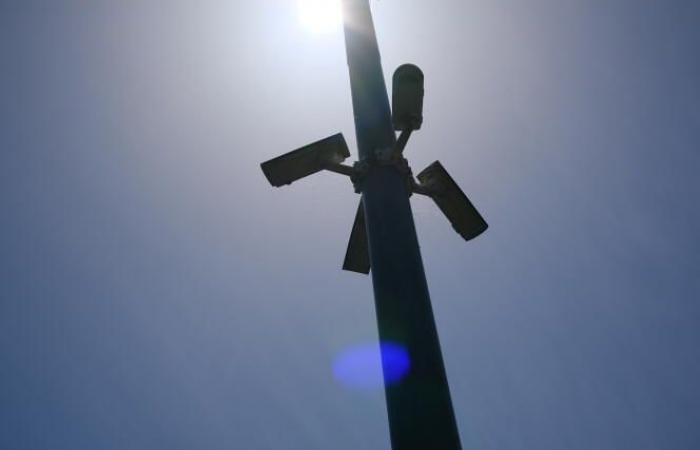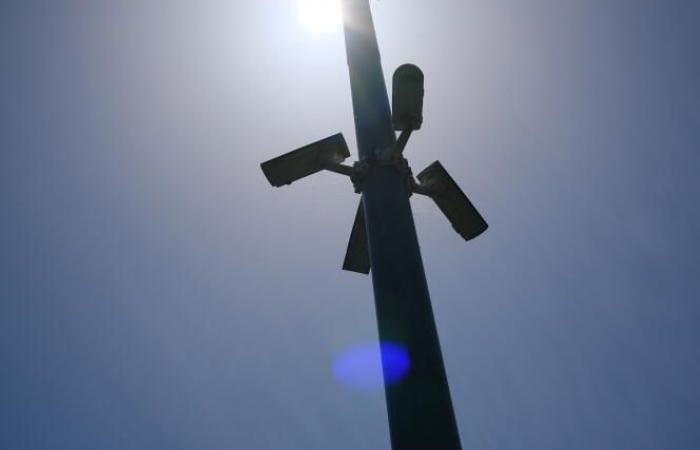The Ministry of the Interior is in favor of perpetuating so-called “intelligent” video surveillance, tested for security purposes for more than a year, we learned The World Wednesday October 2, confirming information from Franceinfo. “It’s under review.”explains the office of the minister, Bruno Retailleau, who adds that registration over the duration of this system, if it is proposed, will have to go through a legal text.
On the occasion of the Paris 2024 Olympic and Paralympic Games, a law introduced the experimentation of algorithmic video surveillance (VSA), a technology which analyzes in real time images coming from cameras in public spaces in order to automatically detect specific scenarios.
The texts thus provide, as part of this experiment running until March 2025, that alerts can be sent to the camera operator when certain actions are detected: crowd movements, person taking out a firearm, abandoned luggage, intrusion into a prohibited area, etc. This technology can be deployed during cultural and sporting events presenting great risks in terms of public safety, and must be subject, each time, to prefectural authorization.
Read our editorial: Video surveillance: watch out for post-Olympic and Paralympic drift
Add to your selections
According to the office of the Minister of the Interior, the government is currently awaiting the report of the evaluation committee responsible for drawing lessons from this experiment, which must deliver its conclusions before the end of the year. The prefect of Paris, Laurent Nuñez, had already, on September 25, during his hearing before the National Assembly, expressed in favor of an extension of this system.
A pending assessment
What conclusions were drawn from this experience during the Olympic and Paralympic Games? Contacted by The WorldRATP and SNCF, which participated in the project, refer to the Ministry of the Interior. But since the end of the Olympic Games, little information has filtered out on the real effectiveness of the system.
Read the decryption | Article reserved for our subscribers How algorithmic video surveillance was deployed during the Olympics
Add to your selections
The first tests were carried out during football matches or concerts, before the start of the Olympic weeks. During these tests, SNCF and RATP particularly noted the effectiveness of intrusion detection technologies – useful for alerting of the presence of people on the tracks – while expressing doubts about other tools, such as detection of forgotten luggage.
VSA, whose effectiveness in terms of security is still debated, remains a controversial technology. This is why its possible sustainability worries some defenders of digital freedoms. They see in particular the beginnings of the development of facial recognition, the use of which in real time is in principle prohibited in France. “These technologies are the advent of a police fantasy project, this “permanent, exhaustive and omnipresent surveillance” that Michel Foucault spoke of in Monitor and punish »recalls Thursday Félix Tréguer, member of La Quadrature du Net, in an interview granted to Point.
See also | Why is algorithmic video surveillance causing so much debate? Understand in three minutes
Add to your selections







